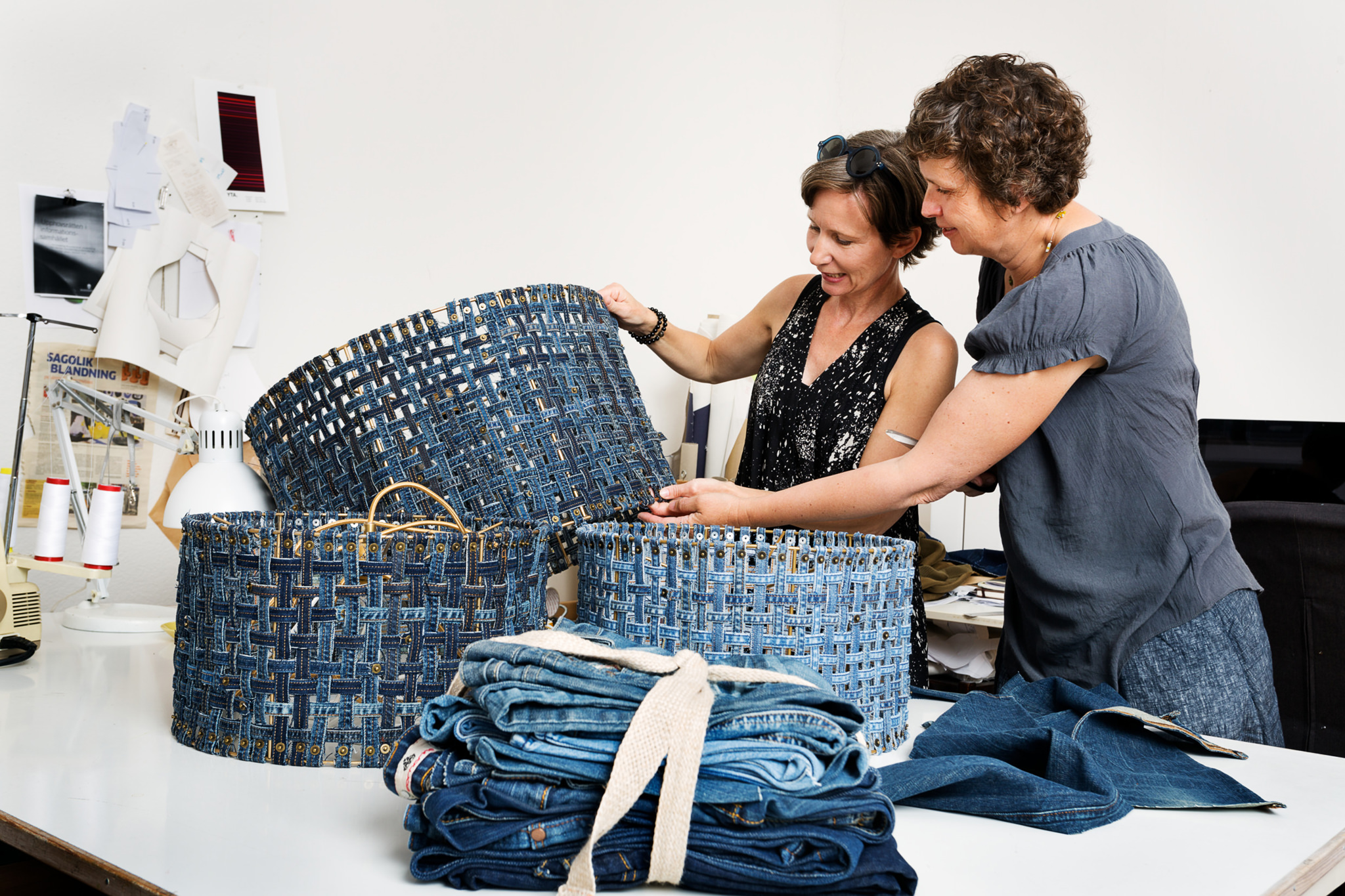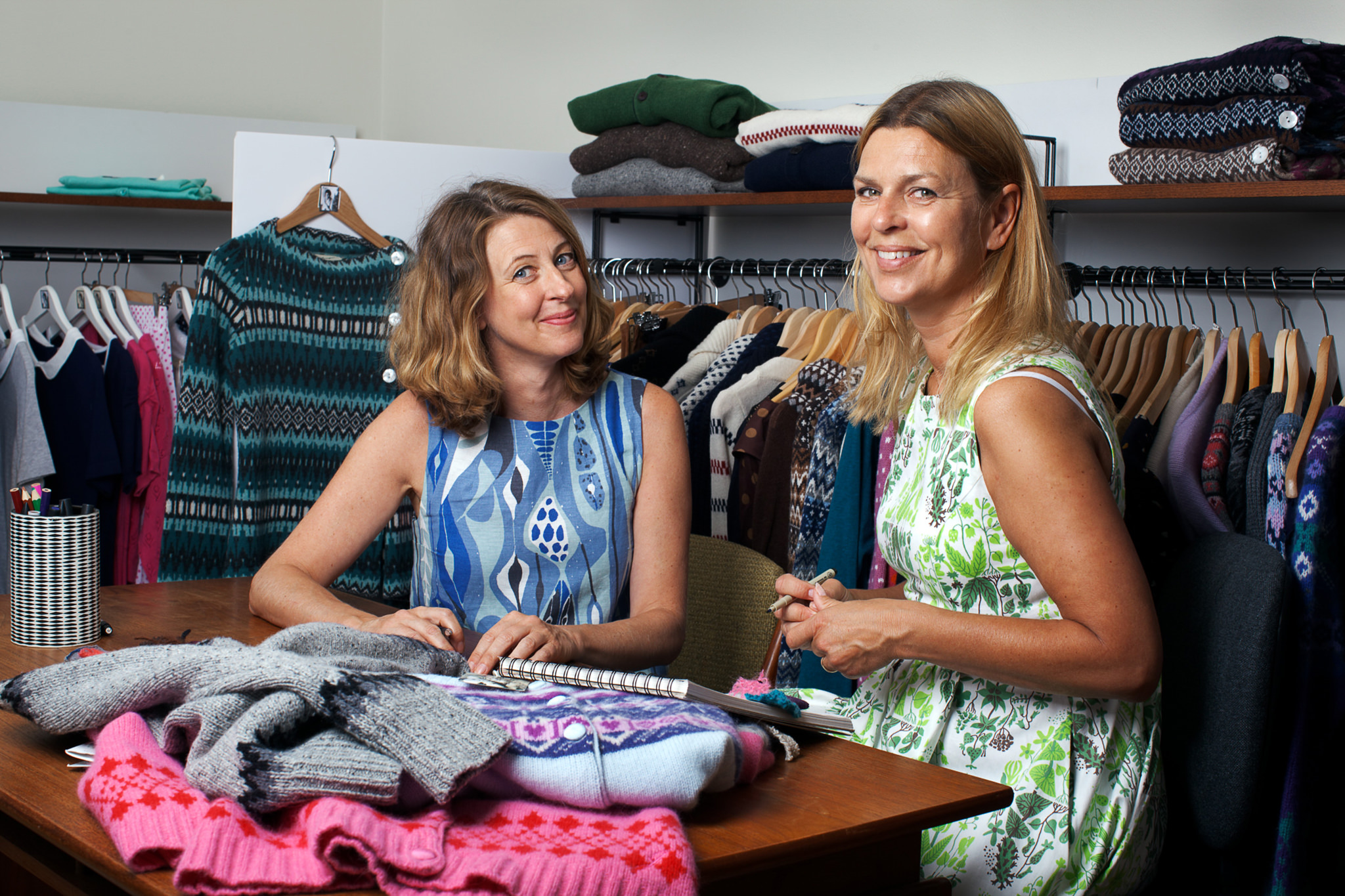Migrating to a new country or city is difficult – it can be a time of adjustment and struggle but it also is a time of opportunity and excitement. For many migrants, finding a job is still one of the biggest challenges for settling into a new hometown. Entrepreneurship is increasingly attractive for many as a way to pursue what they love and earn a living. However, as any entrepreneur will tell you, starting up and keeping the tempo of entrepreneurship is very difficult. These tips will help you successfully tackle becoming a long-lasting entrepreneur in Sweden.
Written by: Natasha Webster and Karen Haandrikman. Cover photo by: Sofia Sabel.
- 1. Be passionate, brace yourself and just do it!
Being an entrepreneur is not a 9-5 job! You absolutely must be passionate and dedicated to what you want to do. Do not pick a business idea that you are so-so about. Pick something that you love, are passionate about and then brace yourself to make it work. Starting a business may mean that you will be eating, sleeping and dreaming about this topic for the coming years. Prepare yourself for total investment – emotionally, socially and yes, financially.
But then, just do it! Running a successful business, especially in a context that you are not familiar with, is not something that can realistically just be done in the evenings or on a weekend afternoon. Starting a business in Sweden will require extra work when you are new to a country – you will need to work harder than others to learn the systems, make local connections, to become fluent in Swedish.
Doing all this work on the side is difficult and could lead to exhaustion. If you can, plan and prepare to hop in completely. Plan, strategize and think about when you can make the leap … and then do it!

- 2. Learn about and integrate into the local market
As migrants, it is easy to think of import-export, food, and other direct connections to your home countries that are not here in Sweden. This is a great idea but businesses that succeed also need to think about the local Swedish market. What is happening here? What do Swedish consumers want? You will also need to think about your business model – can this business survive in July with few customers? Can I do outside photography or run tours in November? You need to ask yourself, am I doing this because it could work here or because it ties me to my home country?
There is nothing wrong with wanting your business to tie you to home. Using your home country connections and experiences is a great resource, and you need to think about translating all those wonderful aspects of home into the local Swedish context and for the local Swedish target consumer.

- 3. Use the public resources available to support you as you plan and launch your business **
Starting a business can be a lonely time. You are often by yourself or with a small team. Everything is new and you will encounter lots of twists and turns! It is important to reach out and use the resources – especially the free ones – that are available for you.
There are countless support systems for entrepreneurs in Sweden. However many migrants are not accessing these due to barriers in language, knowledge of them or thinking that their business is only for the expat communities. Taxes, customs, health and labour regulations, and all of these types of rules can be difficult for new businesses – but adhering to the rules can make a difference between success and failure. It is vital for new business owners to learn about how Sweden works. Reach out to Swedish resources to get started.
- 4. Make friends with and work with other entrepreneurs
You need to meet other entrepreneurs – both migrants and Swedish entrepreneurs, to get mentors, and to have places to help solve the inevitable problems that will arise. Other entrepreneurs will understand what you are going through and they will know what it is like to be launching from the ground up.
Join networks, or even better, join a co-working space. There are loads of co-working spaces in Stockholm – with a range of profiles and membership plans. Think of the membership as joining a ready-made network plus you get the bonus at some of being able to book meeting rooms, have a postal address and other people in the coffee room. Most importantly, you will not be alone all the time and even for a couple days of week membership, this could make an enormous difference to your feelings as an emerging entrepreneur.

- 5. You will need to network locally in other fields
It is no secret that the Swedish labour market is largely network-driven and it is the same for entrepreneurs. You will need to get to know people at the various state authorities, support programs and most importantly other entrepreneurs. Go to industry events, free seminars and network meetings. Like making friends with entrepreneurs this will help you know who and what to ask.
- 6. Scale-out – Go beyond your expat circles
Many migrant businesses start within their own local community. This makes sense and is a logical place to start testing your products or services, but you will have to think long-term. There are only so many times friends can purchase goods or use your service. It is important to have a plan for jumping out of the expat community and into the local market. Going beyond your expat community will take time, a business plan and involve networking but will help you build a sustainable business model. Taking your business into multiple communities will help build resiliency and connections locally.
* Your Living City’s tips:
** A free public resource is Verksamt.se which is a collaboration among several Swedish government agencies, for you who are starting a business in Sweden.
_____________________
Natasha Webster is a researcher of migration and entrepreneurship at the Department of Human Geography at Stockholm University. Karen Haandrikman is Associate Professor of Human Geography at Stockholm University researching segregation and migration. Both are working within the research profile Population Geography, Migration and GIS. Together they have a project “Opportunities and Obstacles: Identifying hidden resources and skills to promote entrepreneurship among migrant women in Swedish regions” funded by the Swedish Research Council for Environment, Agricultural Sciences and Spatial Planning (Formas).












